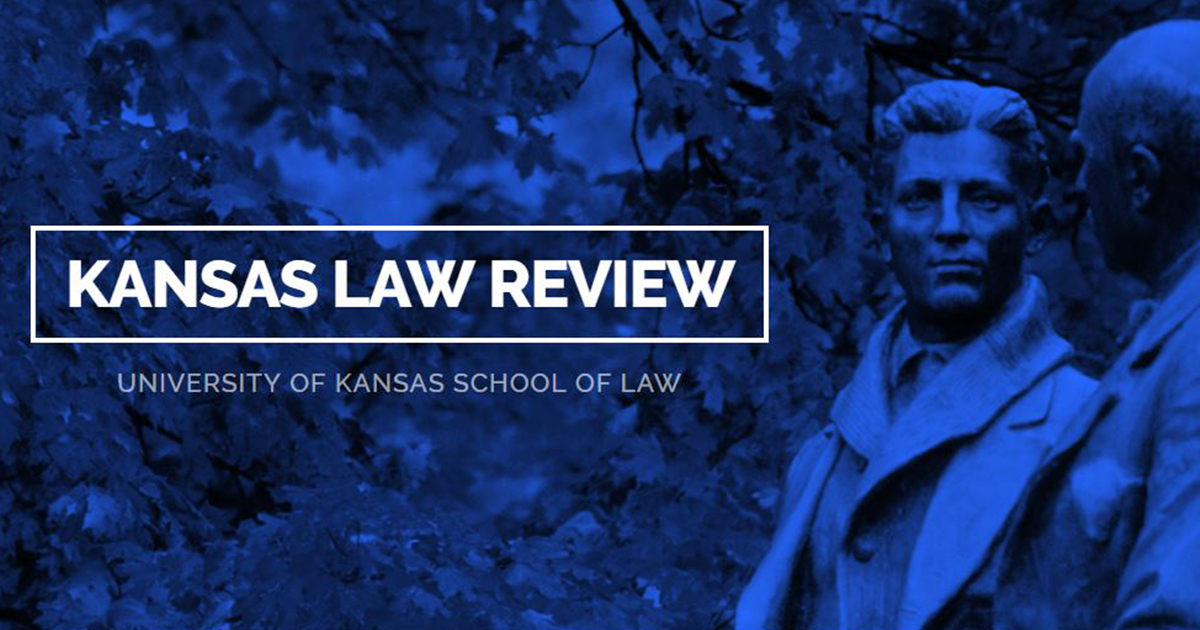Author: Ellen Bertels, Comments Editor
State v. Brown, No. 115,817 (Kan. June 5, 2020).
Issue: Can a district court invoke the surplusage rule and discard part(s) of a jury verdict form when the form incorrectly lists the crimes for which the criminal defendant was charged?
Answer: Yes, but the court must start with a strong presumption in favor of the literal text of the verdict form and can only move to interpretation when the record necessarily creates doubt.
Facts: Brown was tried for shooting a man eight times. The district court instructed the jury of, in part, the lesser offense of attempted voluntary manslaughter. The jury form listed attempted involuntary manslaughter instead of attempted voluntary manslaughter, and no one caught the error until sentencing. Brown was sentenced for the instructed crime of voluntary manslaughter. On appeal, a Court of Appeals panel reversed the conviction and remanded for a new trial, finding that the district court erred when it corrected the verdict error.
Discussion: The Kansas Supreme Court had to resolve the split in two very similar cases with “strikingly similar facts.” In Rice, a Court of Appeals panel found that “a district court could reasonably interpret the verdict in light of the record.” While the Brown panel took a “strict textualist” approach, the Rice panel took “an interpretative approach which considers the jury’s intent as paramount.” After reviewing case law on ambiguous verdicts, the Court overturned Brown and clearly defined a district court’s right to invoke the surplusage rule and discard parts of a jury form:
First, the district court must start with a strong presumption in favor of the literal text of the verdict form and only move to interpretation when the record as a whole necessarily creates doubt as to its meaning. Secondly, the district court may consider anything in the record that tends to show with certainty what the jury intended. Finally, only if the district court is convinced, beyond a reasonable doubt, that the record as a whole clearly demonstrates the intent of the jury can the court discard contrary surplusage in the jury's verdict. Appellate courts will review a district court's application of the surplusage rule de novo.
Key Authorities:
State v. Brown, No. 115,817, 2017 WL 5016171, at *1–2 (Kan. Ct. App. 2017).
State v. Rice, No. 103,223, 2011 WL 4031494, at *11 (Kan. Ct. App. 2011) (unpublished opinion).
In re Mooney, 132 P. 217 (Kan. 1913).
State v. Doolittle, 113 P.2d 94 (Kan. 1941).


